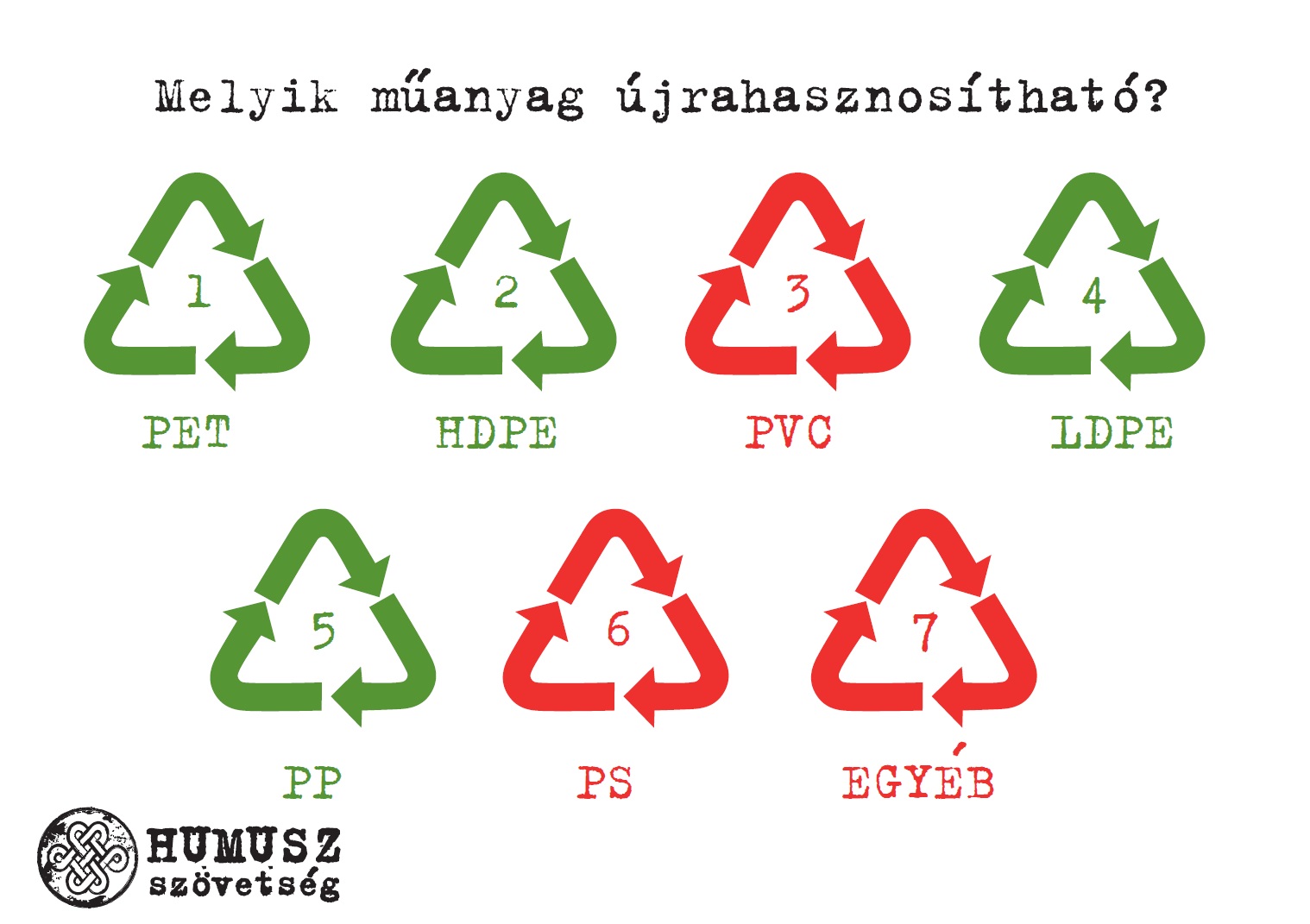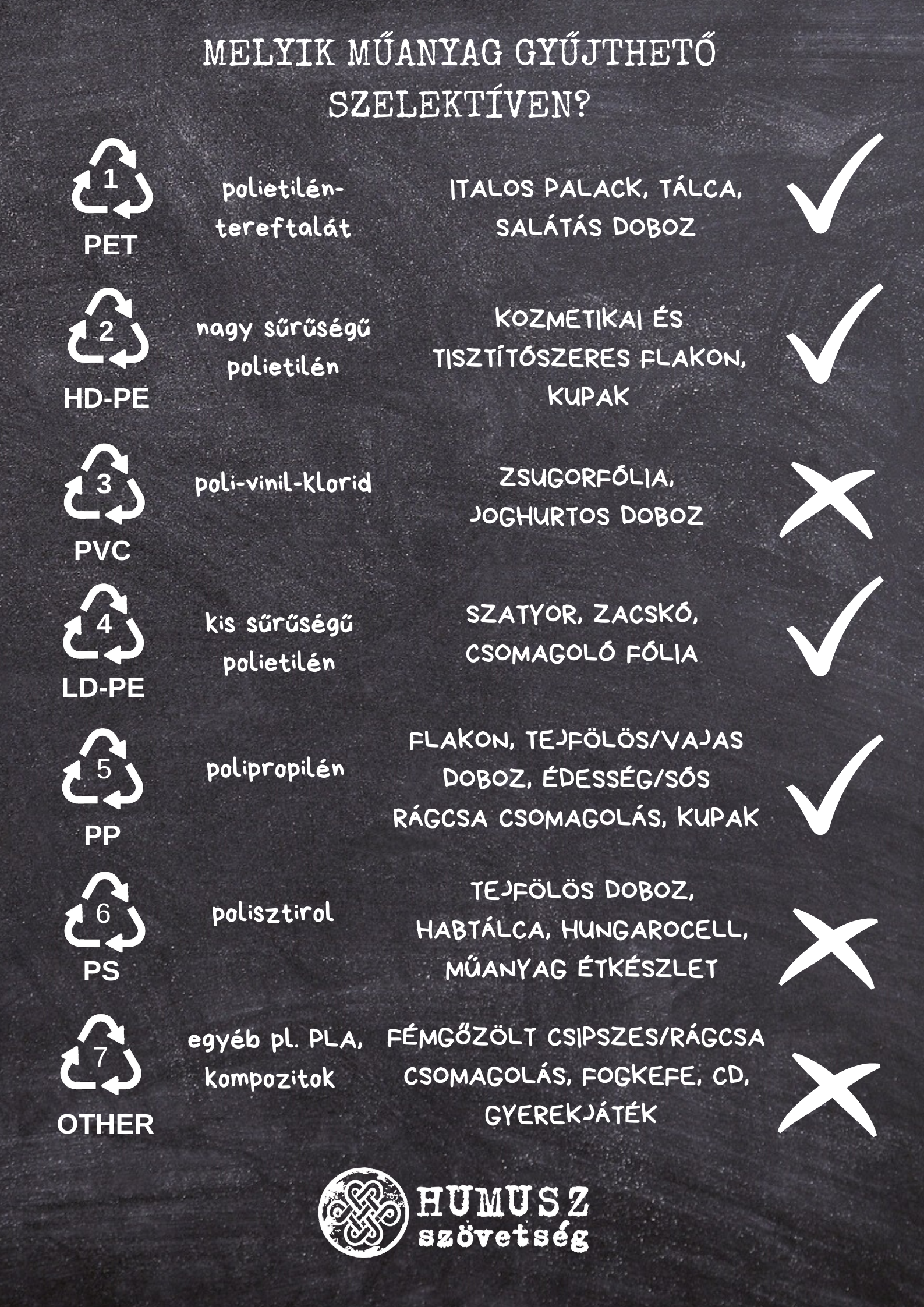2nd Board
Resources can be conserved by recycling waste materials, a method that aligns closely with the goals of the circular economy.
Recycling is only possible when waste is collected selectively.
However, recycling has its limitations. What can be recycled depends on several factors, including the availability of appropriate technology, infrastructure for collection and sorting, economic viability, waste collection methods, and public willingness to participate. The more complex a material is, the more difficult and expensive it becomes to recycle.
How many types of waste are currently collected separately?
In addition to packaging waste, hazardous waste, textile waste, electronic and electrical waste must also be collected separately and dropped off at designated locations, such as waste collection centers or drop-off points in shopping malls and public institutions.
Are you aware of any such collection points?
What types of waste do you usually take there?
March 1 – Recycled Paper Day
March 18 – Global Recycling Day
July – Plastic Free July
July 3 – International Plastic Bag Free Day
Glass and metals can be endlessly recycled without any loss in quality, while paper can be recycled approximately six times due to fiber degradation.
On the wall, you can see a rotating board illustrating the stages of paper and metal recycling.
There are nearly 80 types of plastic packaging materials on the market, but only four are commonly recyclable. You can determine whether a plastic item is recyclable by checking its recycling code:
Polyethylene terephthalate (PET – 1)
Low-density polyethylene (LDPE – 2)
High-density polyethylene (HDPE – 4)
Polypropylene (PP – 5)
Currently, 90% of plastics are still not recycled.
Recycled plastics may contain higher levels of toxins due to the additives and dyes used in the original products.
Inside the small display windows, you can see the following types of plastic granules:
Regranulate (plastic made from recycled materials)
Shredded bottle caps
Crushed glass
PET flakes





